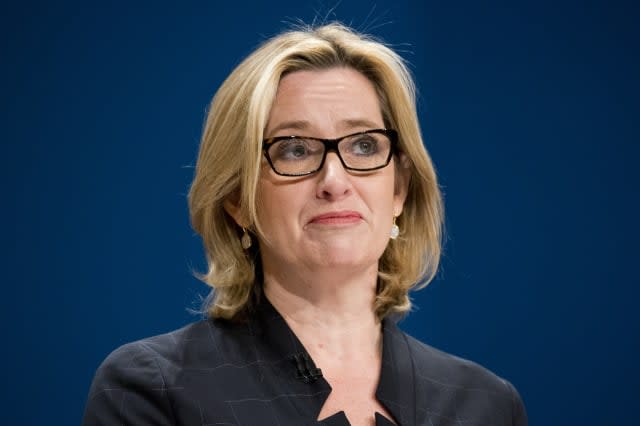Amber Rudd wins non-disclosure ruling over Alexander Perepilichnyy inquest

Home Secretary Amber Rudd has won a High Court order preventing the disclosure of "sensitive material" at the pending inquest into the death of Russian fraud whistleblower Alexander Perepilichnyy.
But a judge also raised the question whether a public inquiry into the death is needed.
Mr Perepilichnyy, 44, died after collapsing while running near his Surrey home in November 2012.
Financial firm Hermitage Capital Management has previously claimed that Mr Perepilichnyy could have been deliberately killed for helping it uncover a multimillion-pound fraud involving Russian officials.
The businessman's death was originally attributed to natural causes but traces of a chemical that can be found in the poisonous plant Gelsemium elegans were later found in his stomach.
The Home Secretary argued at London's High Court that revealing secret documents at the inquest - which will have to decide whether Mr Perepilichnyy died of natural causes or was unlawfully killed - would damage the public interest.
Mr Justice Cranston, sitting in London, said he had "no hesitation" in finding the balance came down in favour of non-disclosure and ruled the Home Secretary was entitled to a public-interest immunity (PII) certificate.
The judge said there were no cogent reasons for rejecting the Home Secretary's view "that there would be real and significant damage to national security from disclosure".
The inquest proceedings are before Richard Travers, senior coroner for Surrey, and a full hearing is due in March and is expected to last three to four weeks.
The judge said Mr Travers' position is now "untenable" because he does not have the necessary security clearance to see the sensitive material covered by the PII ruling.
The judge said: "It is for the chief coroner to arrange a replacement who is able to view the sensitive material and continue the inquest."
The new coroner would need to keep the PII question under review - and also consider "whether a public inquiry is needed".


